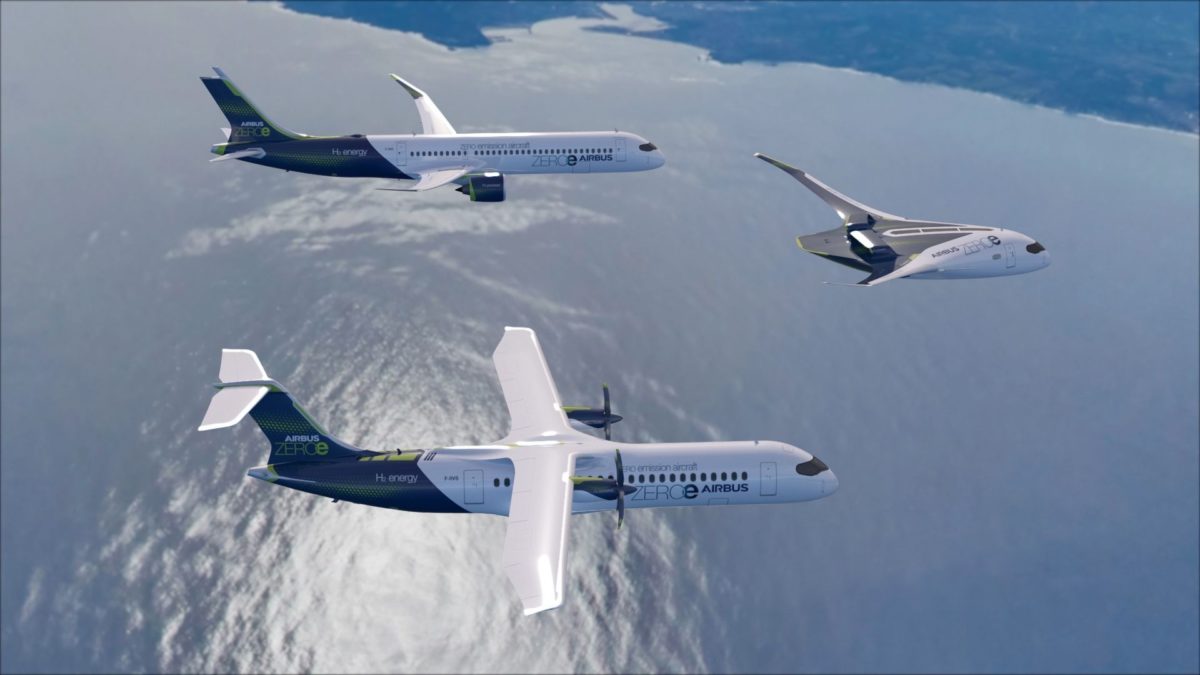Leibniz Universität Hannover researchers have studied the feasibility of widespread hydrogen-powered aviation. They identified global concern for iridium demand, particularly if proton exchange membrane water electrolysis (PEMWE) catalysts are heavily used. In addition, limitations in renewable energy sources and water availability could emerge regionally. The study suggests that addressing these challenges, such as developing PGM-free catalysts for PEMWE, could contribute to resolving resource conflicts in the pursuit of global H2-powered aviation. They described their findings in “Resource requirements for the implementation of a global H2-powered aviation,” which was recently published in Energy Conversion and Management.
Topsoe has signed an agreement with World Energy GH2 to provide its ammonia loop technology for Project Nujio'qonik, Canada's largest renewable hydrogen facility. The project in Newfoundland and Labrador will target 250,000 metric tons of renewable hydrogen production per year.
H-TEC Systems has sold a 1 MW proton exchange membrane (PEM) ME450 electrolyzer to the University of Stuttgart, in order to start a test center funded by the German government. “One particular focus will be placed on bivalent systems that can be operated with renewably-generated electricity if electricity prices are low in the future or with hydrogen in the event of a power shortage”, said H-TEC Systems.
Popular content
Enapter has signed a €6 million (§6.6 million) deal with China's Wolong to make modular hydrogen solutiona in China. The contract includes the delivery of 5 MW multi-core systems for various customers in China, as well as around 130 compact single-core electrolyzers (AEM Electrolyser EL 4.0). Enapter said it wants to gain significant market share in China within the next few years.
Verdagy, a US company focused on advanced electrolysis technology for industrial applications, is set to receive a $5 million investment from Galp. It aims to reduce costs and reliance on critical raw materials in comparison to existing electrolysis methods. Galp's funding is part of a larger financing round that secured $73 million for Verdagy, led by strategic investors Temasek and Shell Ventures. The investment will propel the development and commercialization of Verdagy's 20 MW electrolyzer module, a key component for systems of 200 MW and higher.
This content is protected by copyright and may not be reused. If you want to cooperate with us and would like to reuse some of our content, please contact: editors@pv-magazine.com.


1 comment
By submitting this form you agree to pv magazine using your data for the purposes of publishing your comment.
Your personal data will only be disclosed or otherwise transmitted to third parties for the purposes of spam filtering or if this is necessary for technical maintenance of the website. Any other transfer to third parties will not take place unless this is justified on the basis of applicable data protection regulations or if pv magazine is legally obliged to do so.
You may revoke this consent at any time with effect for the future, in which case your personal data will be deleted immediately. Otherwise, your data will be deleted if pv magazine has processed your request or the purpose of data storage is fulfilled.
Further information on data privacy can be found in our Data Protection Policy.